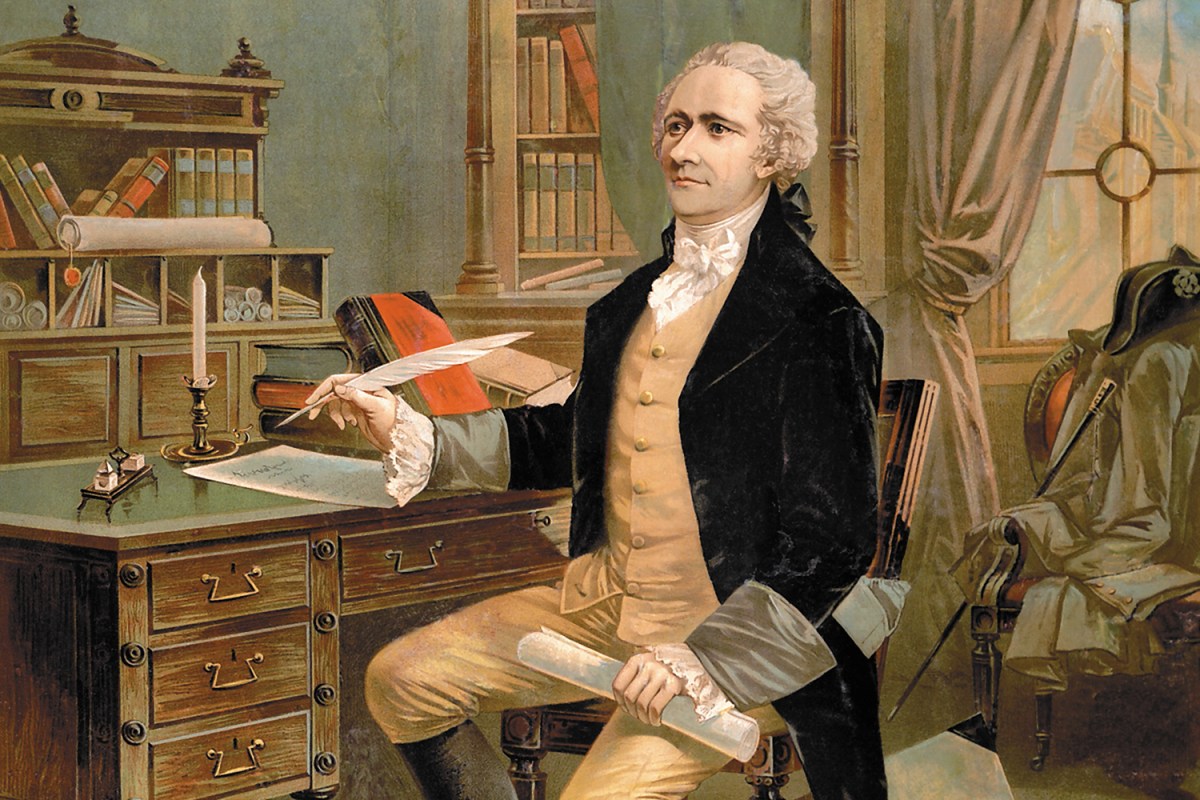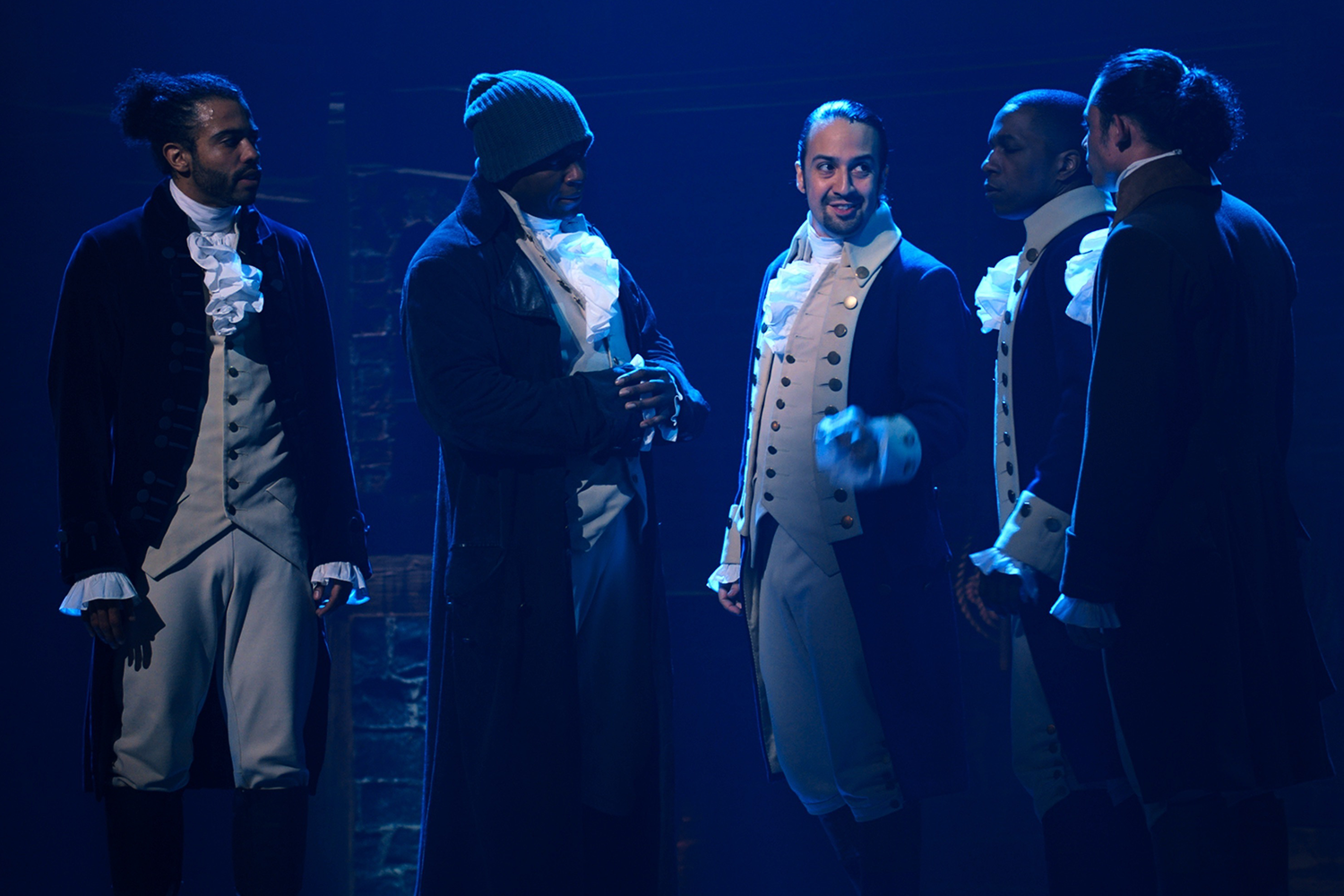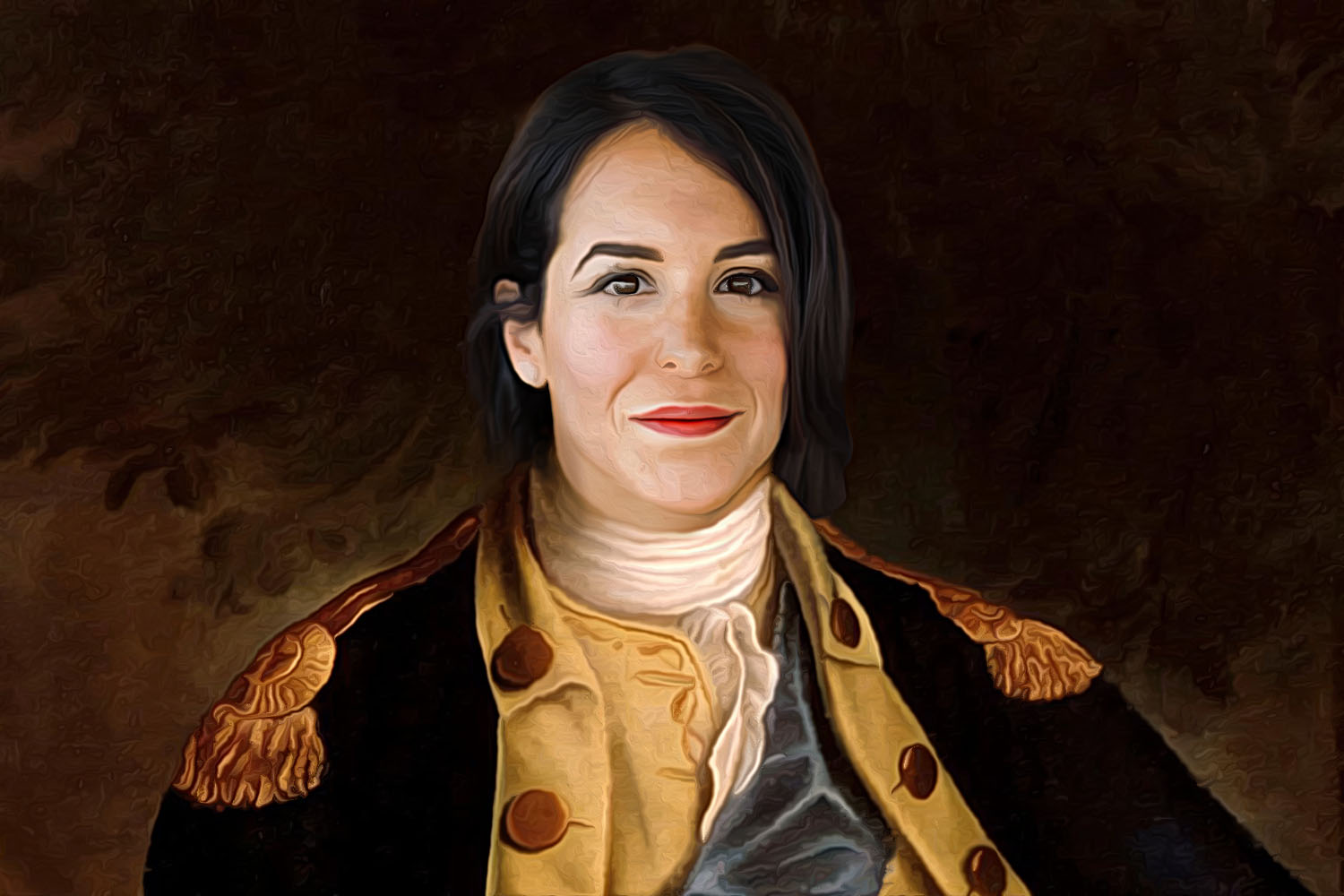During “My Shot,” the third song in Lin-Manual Miranda’s hit musical Hamilton, the title character describes himself and his companions as “a bunch of revolutionary manumission abolitionists.” In the song “Stay Alive,” John Laurens talks about writing “essays against slavery” with the Founding Father. It’s all part of the prevailing narrative that Alexander Hamilton was one of the good ones — a white man who helped found the United States who was also against the enslavement of Black people.
Not so fast, says Jessie Serfilippi. A historical interpreter at the Schuyler Mansion State Historic Site in New York, Serfilippi recently published a new research paper that offers a detailed look into the primary sources connected to Hamilton’s history with slavery. According to the sources, she writes, “it is vital that the myth of Hamilton as the ‘Abolitionist Founding Father’ end.” She argues that Hamilton did enslave Black people and that slavery “was essential to his identity, both personally and professionally.”
The paper is titled “‘As Odious and Immoral a Thing’: Alexander Hamilton’s Hidden History as an Enslaver,” and is available through the New York State Office of Parks, Recreation, and Historic Preservation. As The New York Times discusses, the reconsideration of Hamilton has both its supporters and detractors.
In the supporters camp is Joanne Freeman, a professor of history at Yale, who told the Times, “It’s fitting that we are reckoning with Hamilton’s status as an enslaver at a time that is driving home how vital it is for white Americans to reckon — seriously reckon — with the structural legacies of slavery in America.” However, she says further research is necessary to draw definitive conclusions.
In the detractors camp is Ron Chernow, whose best-selling biography on Hamilton served as the basis for the musical. While he applauds the “terrific research job” from Serfilippi, he argues that “she omits all information that would contradict her conclusions.”
The title quote from the paper is taken from a piece of writing from Hamilton in 1795 in which he said forcing formerly enslaved people to go back “under the yoke of their masters … is as odious and immoral a thing as can be conceived.” It’s writings like these that have led people to give the Founding Father the benefit of the doubt. But Serfilippi dug up Hamilton’s own cash books which show his financial transactions dealing with enslaved people, and those records in Hamilton’s own hand are impossible to ignore.
Of course, Miranda’s musical relies heavily on artistic license. This new research doesn’t detract from the musical — rather, it becomes essential reading alongside it.
Thanks for reading InsideHook. Sign up for our daily newsletter and be in the know.


















